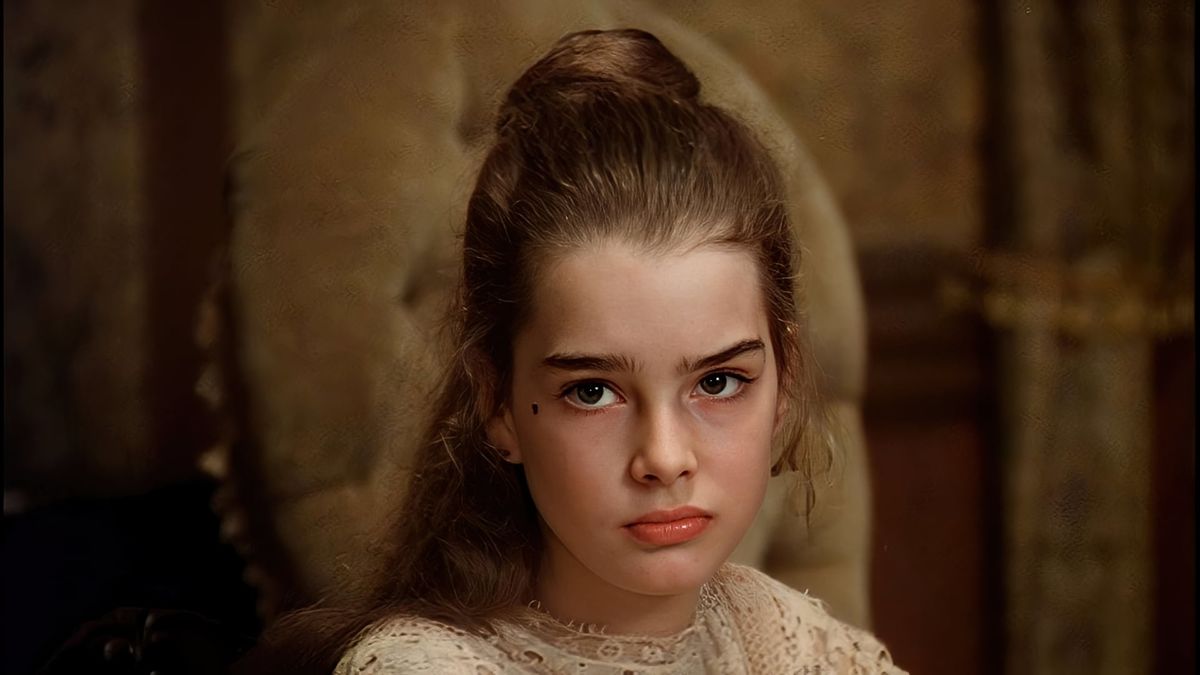
The innocents, by not conceiving evil, have the capacity to marvel at the world as a mirror of the purity of their spirit. They have no judgments or pre-established concepts so they experience life through their instincts. This is why innocence is often related to childhood.
But once the evils of society are known in a rational and conscious way, innocents will have to involuntarily abandon their state of grace to face the misfortune of a corrupted world.
1. Pretty Baby (1978, Louis Malle)
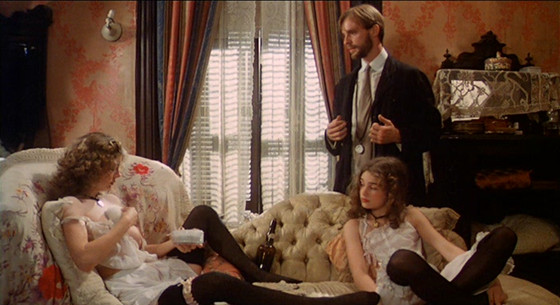
A girl who must abruptly lose her childhood as she grows up among adults is a recurring theme in Louis Malle’s films.
Violet (Brooke Shields) is born and raised in a brothel in New Orleans having no idea about the outside world. She can’t read or write; she only has to moan when she loses her virginity. Violet is waiting for that day, to become a prostitute like her mother and the others.
It will be a mysterious and demure photographer who will show Violet that men don’t just think about sex and will be the only one who treats her as the child she is. But since the world is sordidly evil, he hides in his obsession with photography, a repressed sexual desire.
It’s interesting how Malle never feeds any obvious moral judgment by letting us contemplate the perversion without fuss. As the plot is seen from Violet’s point of view and she accepts this decadent world without suffering, it becomes a tragicomedy where pedophilia is treated in a light way.
The film is a cross between two real life stories; Violet’s plot was inspired by Al Rose’s “Storyville, New Orleans,” and the photographer’s was based on E.J. Bellocq’s life.
2. Midori, The Camellia Girl (1992, Hiroshi Harada)
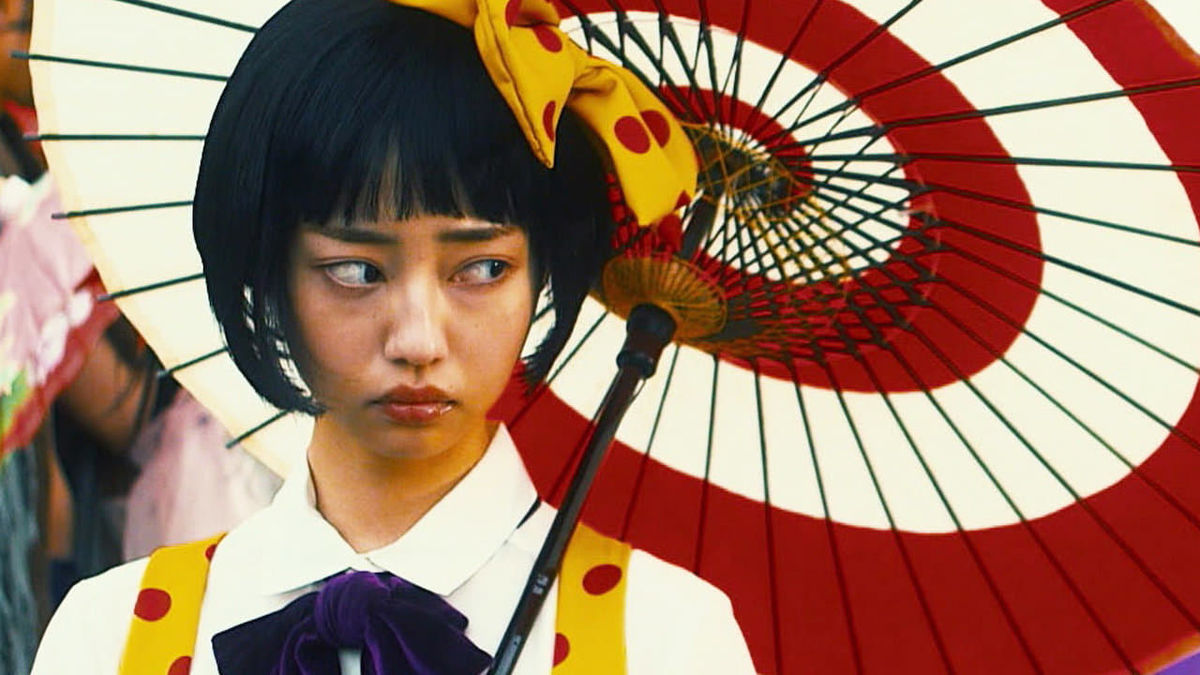
This controversial animation is the only adaptation of a manga written by Suehiro Maruo because nobody has dared to deal with his grotesque nightmares: tongues tasting eyes, crooked bodies, and insects devouring the entrails.
Midori is a young girl who, after being left alone in the world and plunged into poverty, finds her salvation in a stranger. He will invite her to join a travelling circus of freaks where she will lose not only her innocence but also the right to be treated humanely.
Midori’s terrible life, due to its strong amoral content, has been relegated to a minority audience becoming a jewel of the underground cinema. After finding no production company interested in financing this brutal plot, the director devoted himself to drawing frame by frame for five years. Finally the film was censored by the authorities with six minutes of footage that has never been broadcast.
The animation has an amateur style where the fluidity of the movements is scarce. But this technical poverty becomes its charm as it helps to make the atmosphere even gloomier. The surrealist and baroque scenarios make it a visual delight.
In the style of Sade and Ero-guro, “Midori” is a descent into hell full of deformity, contortion, hallucinations, mistreatment and rape.
3. Ms. 45, Angel of Vengeance (1981, Abel Ferrara)
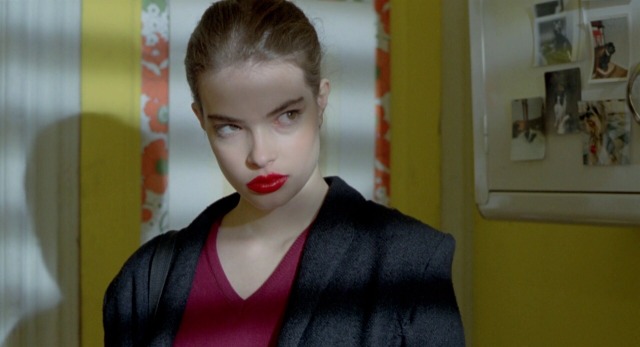
After suffering two rapes, Thana, a mute girl, will take a 45-caliber gun and learn to speak through the shots, killing any man she intercepts. It doesn’t matter whether or not they deserve to be killed because Thana’s revenge is not intended to bring justice; it’s just a consequence of the mental breakdown caused by the trauma.
Zoe Tamerlis’ performance of a mute woman is impeccable. From her gaze she manages to embody the metamorphosis of a character that goes from being innocent and angelic to a cold and implacable femme fatale.
Joe Delia’s dazzling soundtrack compensates for the mute heroine with a saxophone that screams and a post-punk style that adheres very well to the aesthetics of New York in the ‘80s.
Ferrara’s revenge thriller makes visible the misogynist horrors of the time, and today more than ever do they make sense to us.
4. Mondo (1995, Tony Gatlif)
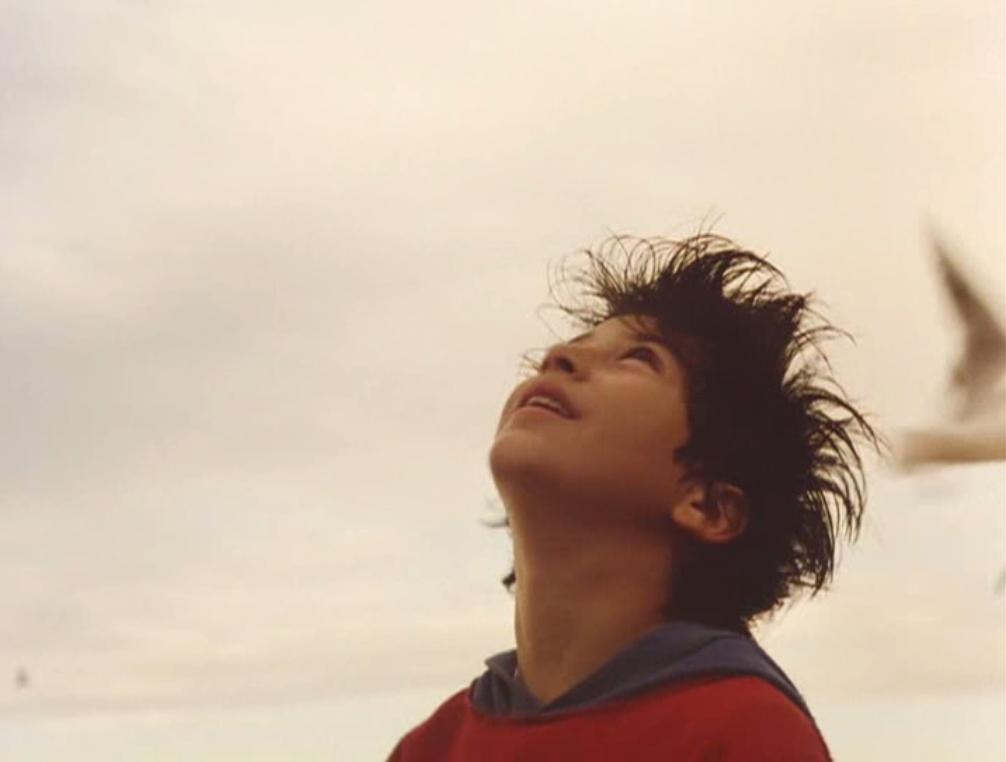
Tony Gatlif has always been interested in outsiders and this case isn’t the exception.
Mondo is a child who comes from another place and wanders through the streets of Nice looking for someone to adopt him. His life is quite pleasant because of the splendor of nature and the kindness of people. Mondo manages to feed on pomegranates he takes from the trees and finds his bed on the beach. Despite being alone, he will find company in a fisherman, an old woman, and a beggar who will teach him about life.
After an unexpected event, Mondo will disappear and with him, love and hope. The bread will be burnt and the seas polluted because Mondo wasn’t just a child; he was the stray dogs, the nameless boats, the oranges brought by the sea, the hot bread, the beggars, and the songs from the balcony. Mondo was the innocence.
Adapted from Jean-Marie Le Clezio’s book and with a cast found in the street, the film is very organic but offers the most surreal scenarios capable of thrilling anyone.
5. Mouchette (1967, Robert Bresson)
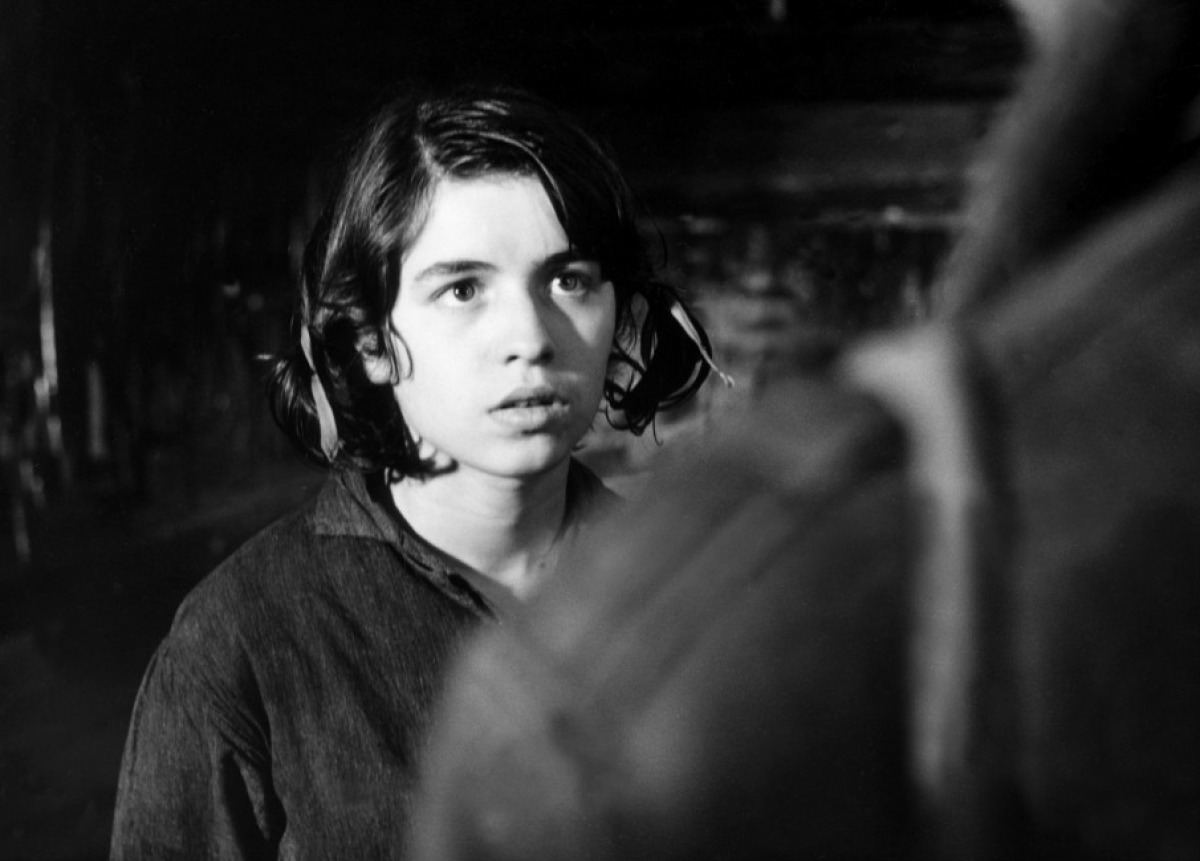
Mouchette is a girl who lives in an oppressive rural environment, where her home is as overwhelming as the entire village. She is the weirdo and everyone deposits their hatred on her. But Mouchette is never conceived as a martyr because she reacts with savagery. Every time Mouchette feels rejected, she throws handfuls of mud or sings off-key in the school choir to ruin the neatness of a world that seems to be okay but she knows is corrupted by the dynamics of power.
When she finds acceptance in Arsene, the hunter, we will finally understand that Mouchette, as the partridge and the hare, has fallen into the trap by becoming the predator’s prey.
Bresson’s reality is deeply enigmatic and each image contains a mystery. He only gives us clues to achieve a general understanding of the film, but those clues are so imprecise that can be read in many ways.
This film is like when we experience an immediate situation in our life: there is no understanding of it until a moment later, when we can reflect and this will be when the film is over.